Optimal Timing for Roofing Services
Scheduling roofing services at the optimal time can improve the quality and longevity of the work. Understanding seasonal weather patterns and temperature fluctuations is essential for effective roofing projects.
Spring offers moderate temperatures and longer daylight hours, making it ideal for roofing repairs and installations. Weather conditions are generally stable, reducing delays.
Summer provides warm weather and dry conditions, suitable for roofing work. However, high temperatures can pose challenges for roofing crews and materials.
Fall is considered one of the best times for roofing due to mild temperatures and lower humidity, which helps ensure proper material adhesion and installation quality.
Winter poses challenges like cold temperatures, snow, and ice, which can hinder roofing projects and affect material performance. Scheduling during milder winter days is recommended.

Spring roofing projects benefit from moderate weather and longer days.
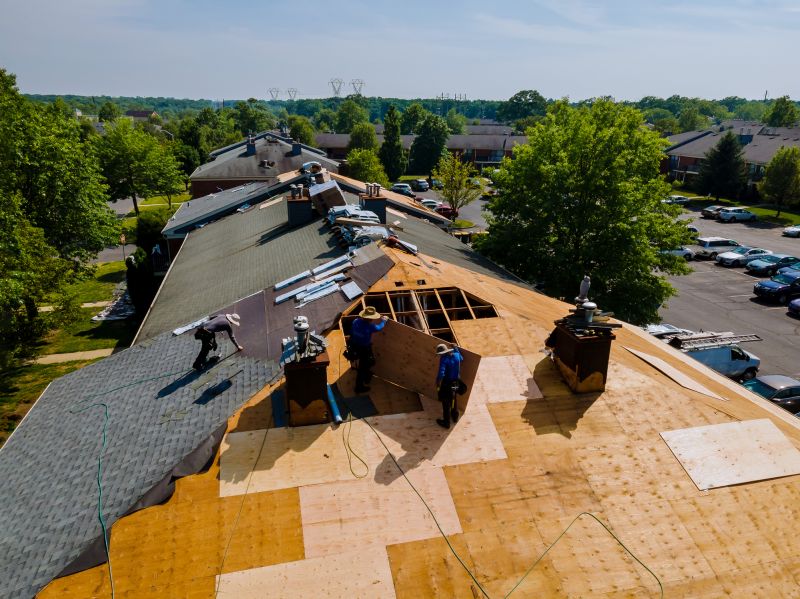
Warm and dry conditions facilitate roofing installations.

Ideal temperatures help ensure quality work.
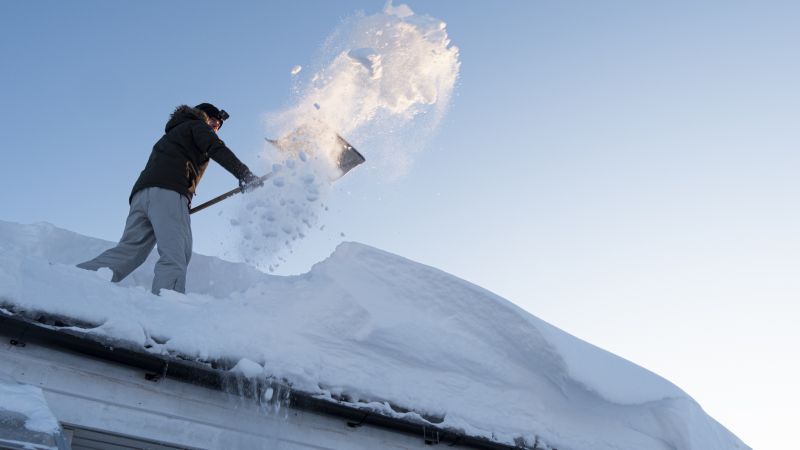
Cold weather and snow can delay projects.
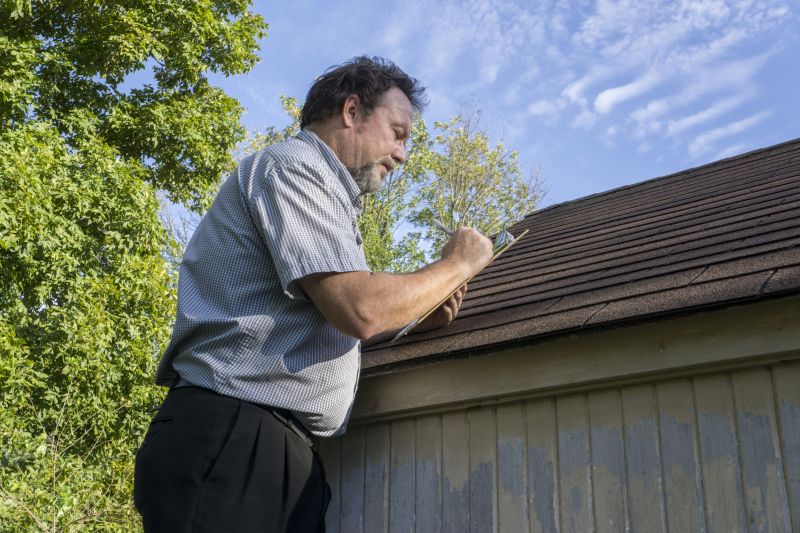
Regular inspections help maintain roof integrity regardless of season.
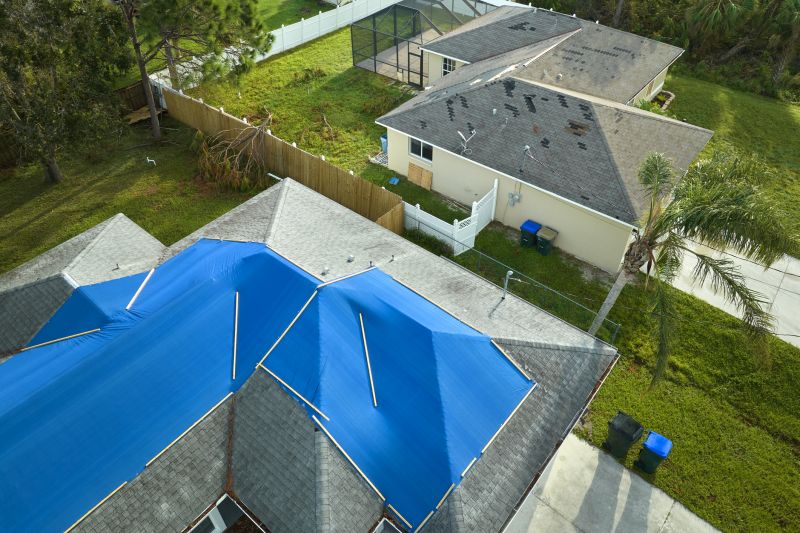
Available anytime for urgent repairs due to weather damage.
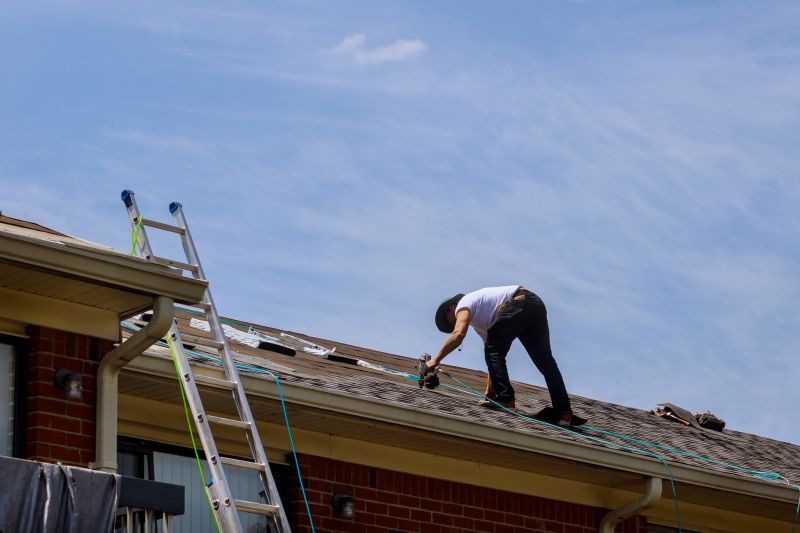
Best scheduled during favorable weather conditions.
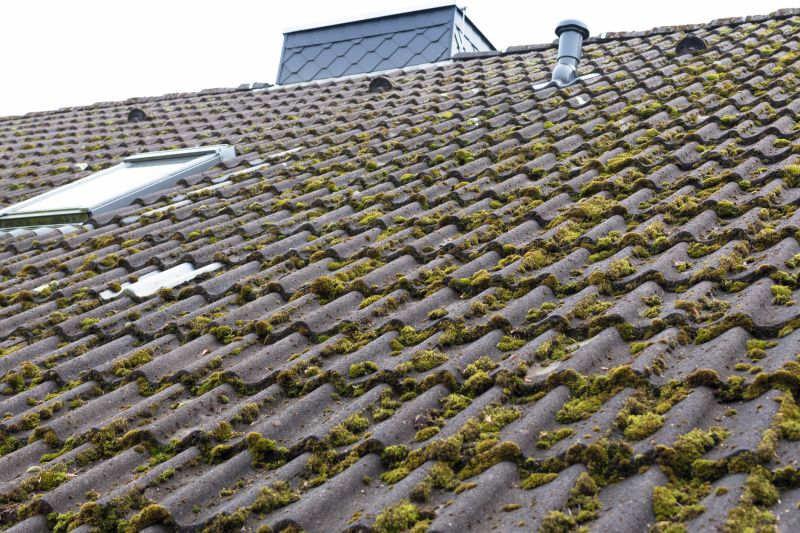
Periodic maintenance extends roof lifespan.

Immediate response to storm-related roofing issues.
| Season | Ideal Conditions |
|---|---|
| Spring | Moderate temperatures, stable weather, longer daylight |
| Summer | Warm, dry weather, longer work hours, but high temperatures |
| Fall | Mild temperatures, low humidity, optimal for installation |
| Winter | Cold temperatures, snow, ice, potential delays |
Roofing services encompass repairs, replacements, and maintenance to ensure the durability and performance of roofing systems. Proper timing of these services can prevent costly damages and extend the lifespan of roofs. Seasonal weather influences the quality of installation and repair work, with milder periods generally providing optimal conditions.
Statistics indicate that scheduling roofing projects during spring and fall results in fewer weather-related delays and higher-quality outcomes. Proper planning and selecting the right season can lead to better adhesion of roofing materials, reduced risk of leaks, and longer-lasting roofs.

Efficient roofing work during favorable weather conditions.
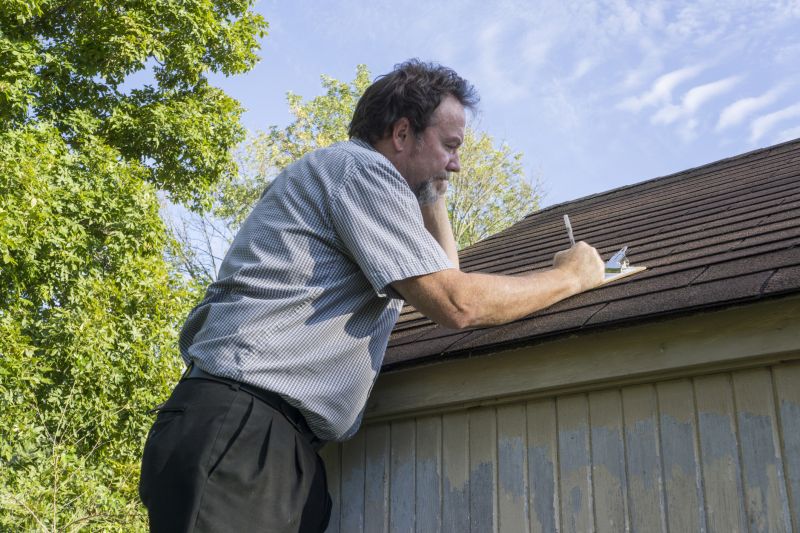
Year-round service to maintain roof integrity.
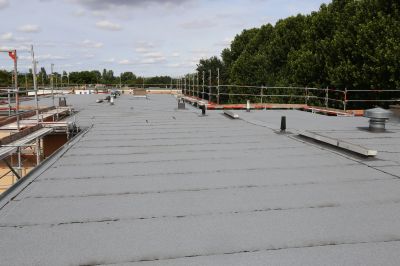
Addressing urgent weather-related damages promptly.
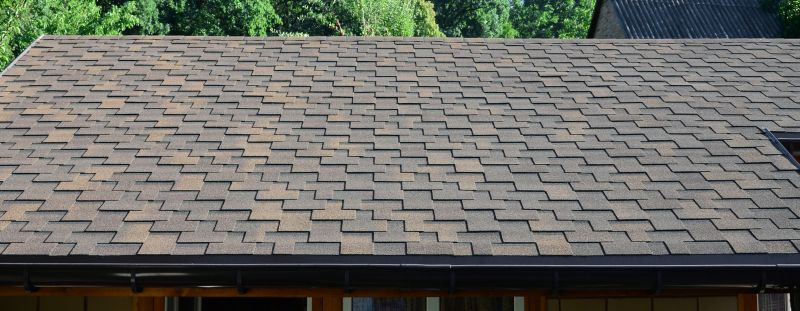
Scheduled during optimal weather for best results.
Interested in scheduling roofing services? Filling out the contact form can provide detailed information and help plan the most suitable time for the project based on local weather patterns and specific needs.

